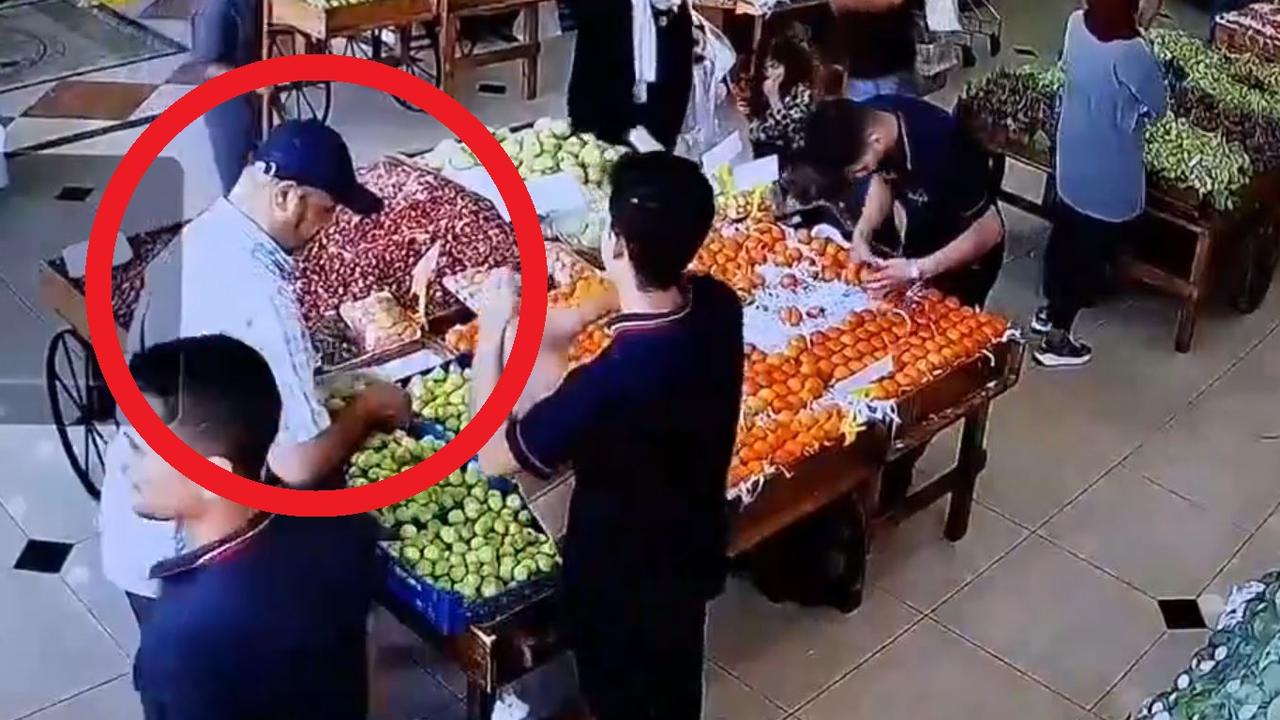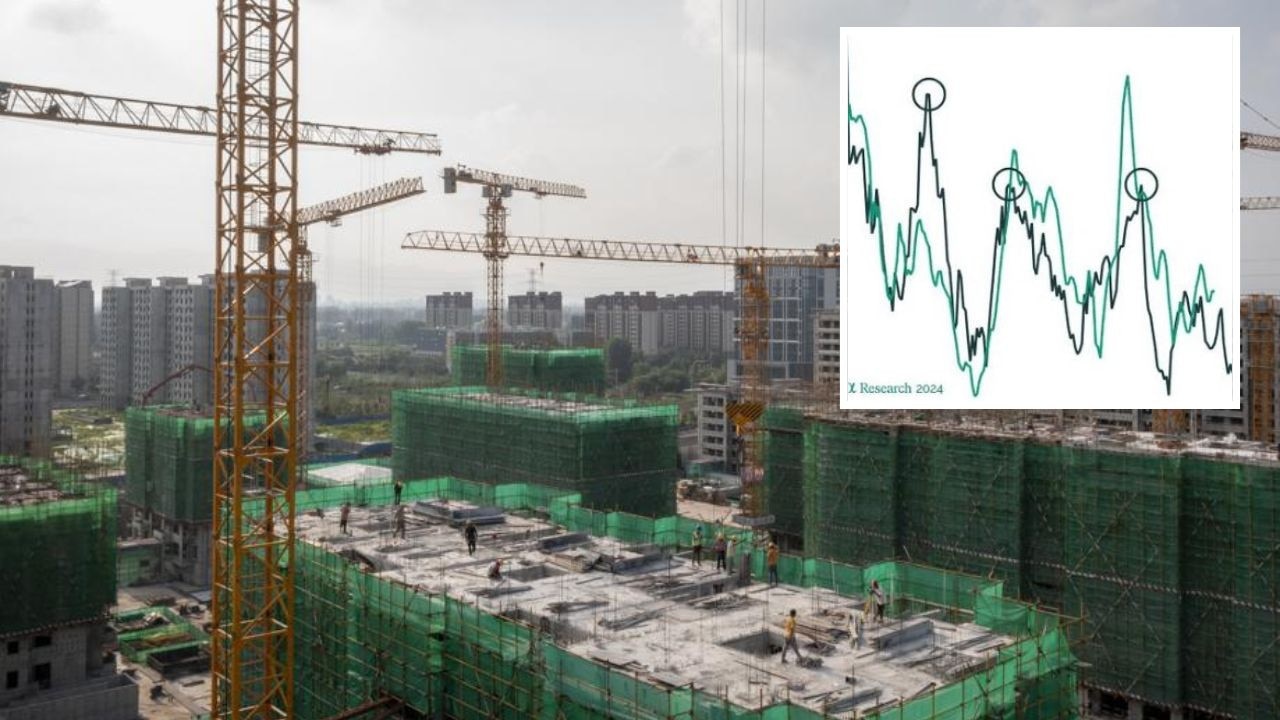Molenbeek, Brussels: How did a suburb created by royalty become a breeding ground for terror?
HOW did a small suburb of Brussels become Europe’s terror capital? A Saudi king’s sympathy. A Belgian royal’s thankful gift. But somewhere, the sentiment behind Molenbeek went astray.
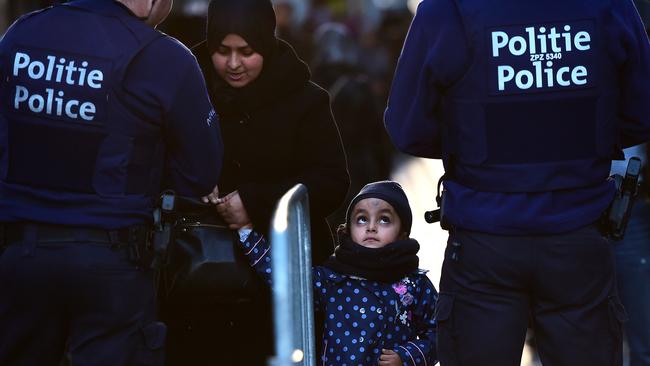
WHEN asked what went wrong in Brussels that now sees a small corner of the Belgian city dubbed the terrorist capital of Europe, MP Georges Dallemagne doesn’t hesitate.
It started, he says, with a department store fire 48 years ago and an international oil crisis.
The huge blaze in 1967 claimed the lives of 323 people and was suspected to have been caused from poor electrics or an arson attack by Maoists.
The king of Saudi Arabia happened to be visiting the Belgian capital at the time and moved by the harrowing incident, made a large donation to the victims’ families.
So began a bond that while based on goodwill, would later create unexpected consequences that today has Molenbeek produce more cells of extremists and terrorists including the principals behind the shocking attacks in Paris last Friday that left 129 dead and more than 360 injured and now leaves the whole of Europe on a war footing and anticipating further assaults.
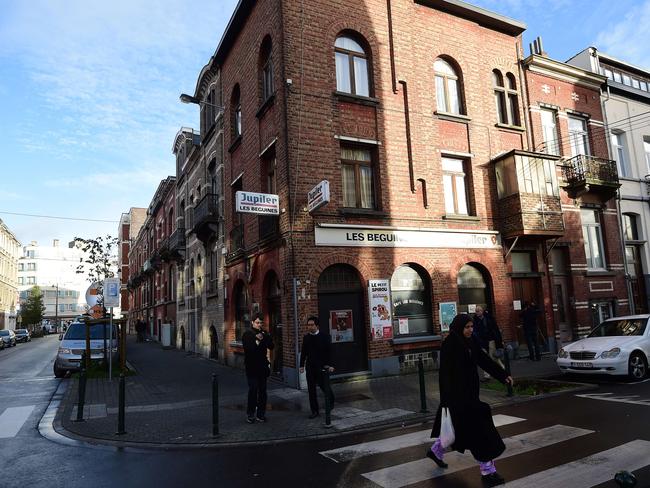
MOLENBEEK MALIGNED
It was in this district Ibrahim Abdeslam owned a bar and would last week become a suicide bomber in Paris and his brother Salah, who lived there as he worked out the logistics for the plot.
Abdlhamid Abaaoud, the architect of the Paris plot killed in a police siege on Wednesday was also from Molenbeek as was jihadist Ayoub El Khazzani who was thwarted from slaughtering commuters on an Amsterdam to Paris train in August.
Other jihadists are also linked to the area include the attacker on a Jewish museum in 2014, one of the Charlie Hebdo jihadists, two local jihadists who plotted to behead a policeman on camera and another from the 2004 Madrid train bombings. Indeed the region has been linked to terrorism and al-Qaeda since the 1990s.
Whether it was authorities in ignorance or denial, hate of Western values now flourish and that has all of borderless Europe worried.
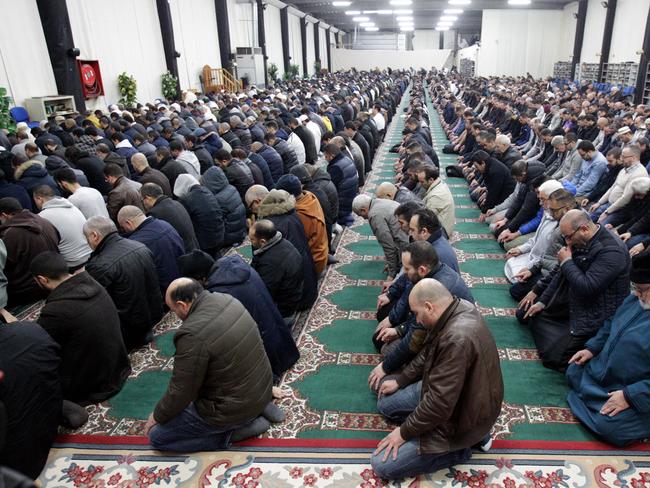
GAME OF THRONES
Shortly after the 1967 blaze, the Belgian king recognised the gesture of Saudis’ financial aid and gave his counterpart King Faisal ibn Abd a-Aziz a large parcel of land in central Brussels upon which to build a grand mosque and Islamic teaching centre.
To fill the centre with the faithful, workers from the Middle East and Africa were encouraged to migrate and rather than have local-born clerics, the centre instead stacked most of their preaching ranks with foreign born or trained imams and by the 1980s pushed by their teachings, the followers swung behind a hard-line Salafist doctrine.
In turn, more than 600 Salafist fundamentalist teachers moved into schools across Brussels particularly in the Molenbeek area that quickly evolved into a large migrant settlement.
Today the district has 20 official mosques alone but it’s the unofficial ones, backroom teaching dens and other “underground” prayer halls that has authorities worried.
“The problem did start back then after fire and also when there was this international oil crisis in the early 1970s and Belgium tried to get a close and nice relationship with the Saudis and the gift of huge building to serve as their big mosque for the Saudis to provide the imams,” the Opposition MP and committee member of Belgium Parliament’s both defence and foreign affairs committees Mr Dallemagne told News Corp Australia.
“They would give these hate speeches against the West or our society and values and we didn’t react in the beginning. We let them go and that was the starting point of the control of the Muslim community that the problem we have. There was control of the community by Saudi Salafist imams.”
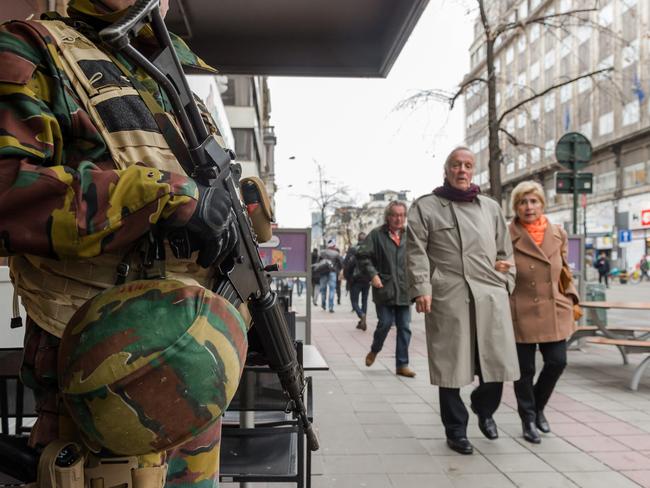
GHETTO IGNORED
It would perhaps be wrong to suggest the establishment of the Saudi-Belgian relationship alone would later lead to unprecedented levels of radicalisation of Muslim youth today with a host of other issues in between.
The lion’s share of blame here has to be sheeted at both the local and federal government level that allowed the district unchecked to become a ghetto and a haven for low-level criminals, drug dealers and transients, to create generational unemployment and rob angry and frustrated Muslim youth of any hope; all core ingredients for radicalisation and extremism.
It doesn’t help that weapons are also so freely accessible in the country, known for years as the world’s hub of illegal arms trading, and with the nation’s three languages and cultures and multi-layered governance that means even some police forces and councils don’t or cant be bothered to communicate with each other, it somehow falls beyond the norms of misdirected tolerance and dysfunctionality, of other nations in Europe.
The country is tiny, just 11 million citizens, but 400 of them have left to fight in Syria, mostly for Islamic State, the highest rate per capita of recruited fighters of any nation in Europe. At least 30 of these jihadists are/were from Molenbeek.
Locals joke about the situation.
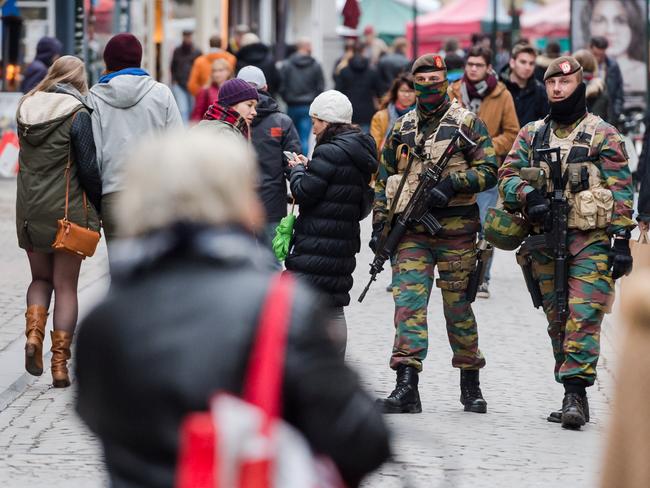
VIEW FROM THE STREET
Businessman Erik, who declined to give his surname, said because Belgium is made up of the Flemings, who largely speak Dutch and make up half the population, and Walloons, who speak a French dialect, local governments often didn’t even speak the same language nor want to associate with counterparts from just a few kilometres away.
That would mean Dutch-police in one half of Belgium don’t always pass intelligence to French-speakers in the other half and in the gap terrorists could flourish undetected just by moving from one district to another.
“We are one country but our history means we will always be divided and maybe this will change things but I doubt it,” he said.
“Molenbeek is known as a place to lay low, hide out and be anonymous and there are so many gangs here … I don’t know what they (authorities) will do.”
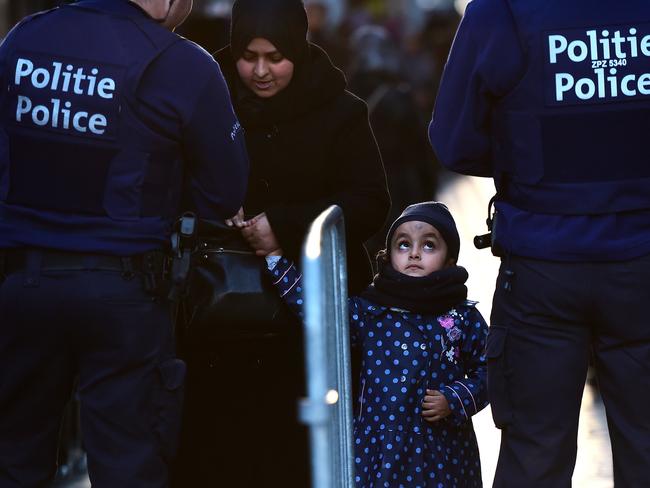
‘GIGANTIC PROBLEM’
The nation really is the weak link in the fight against jihadism, a fact now recognised by the Prime Minister Charles Michel who claimed this week every time there was an issue with terrorism there was a link to Molenbeek.
“This is a gigantic problem, apart from prevention we should also focus on repression,” he said, adding his nation had suffered from a form of “laissez-faire” and were now paying the price.
In perhaps a sign of how wrong his government and ones of the past has got it, the Francophile Prime Minister’s Flemish Interior Minister Jan Jambon said yesterday he was pleased to see Molenbeek’s mayor was now engaged on the issue and the local police chief “is willing to co-operate”.
“We should join forces and clean up the last bit that needs to be done, that’s really necessary,” he said of Molenbeek, as if a united front was a maverick concept. But then this was the same person who last month suggested refugees be made to wear identity badges so they could be recognised by police on the street.
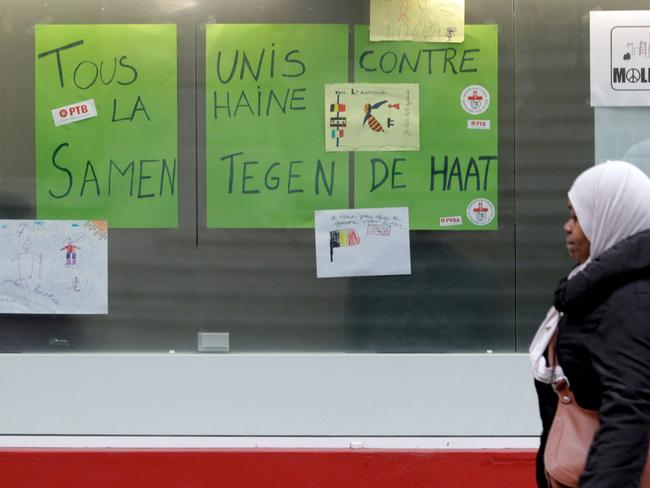
SPLIT PERSONALITY
Molenbeek if far from being a slum as one would imagine. Its streets are relatively clean, it’s cobbled central plaza is a bustling scene of shoppers and halal eateries and most of the buildings are a grand mix of art nouveau and beaux art just across a canal from perhaps more modern Brussels.
The district has a population of 100,000 with some quarters almost exclusively all Muslim mostly from Algeria, Morocco, Turkey, Gulf states and North Africa but that hasn’t stopped the council putting up Christmas lights, which is perhaps also telling of their cultural indifference.
“It’s still a place where jihadists are going to Syria are able to come back from Syria and provide logistic support or other kind of support funding to other jihadists in Europe that’s the case so far that has to be stopped immediately,” Mr Dallemagne said.
“Things were so many failures here but it is changing, things are being done.”
ends

